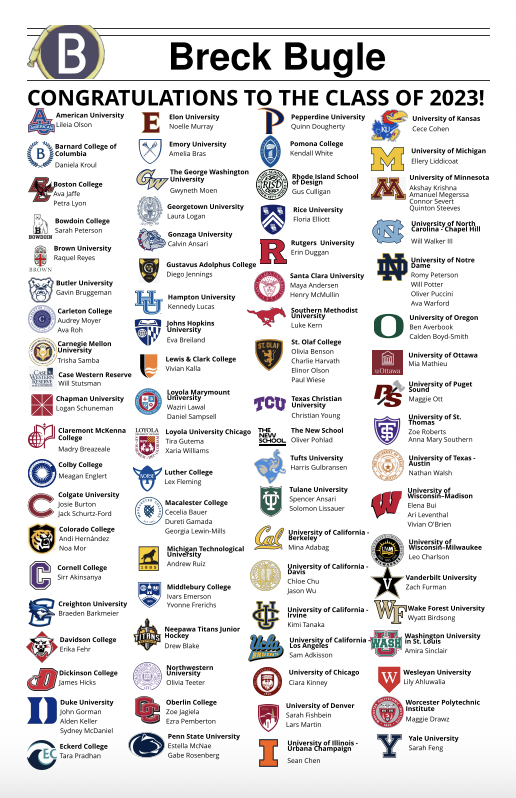Chinese tech startup DeepSeek caused a stir at the end of January, sparking debate over US AI and chip export policies. DeepSeek is a Chinese tech startup that was founded in 2023 and whose controlling shareholder is Liang Wenfeng, co-founder of an AI based hedge fund management software, High-Flyer. On January 27th, DeepSeek released an AI language model that closely rivaled its US competitors, including OpenAI’s ChatGPT. DeepSeek’s new AI language model, available through their app, also quickly became the #1 free download from Apple’s App Store the day it was released.
This development has raised concerns about whether chip export controls in the US have been effective. GPU chips—particularly those produced by Nvidia—are essential for training AI models, allowing them to perform complex calculations, process language, and recognize patterns. When former president Biden was in office, the United States attempted to control the export of American Nvidia chips to China amidst concerns that such exports would boost China’s military and economy. After the US imposed these export restrictions, Nvidia began producing new chips that performed slightly below the government threshold of what was acceptable to export, so that they could maintain their China-based market. DeepSeek claims that their latest model was trained on a group of these “downgraded” chips called H800s.
While H800s are now illegal to possess in China, there was a period of time between 2022 and 2023 when they would have been legal to purchase. After the H800’s release, Biden officials began working to restrict these new chips, but took just under a year to do so, meaning that there was time for Chinese companies like DeepSeek to stockpile them. According to Jimmy Goodrich, a senior adviser for technology analysis at the RAND Corporation, “You can’t control what’s already there. Had the Biden administration more quickly responded and limited the H800 to China, there’s no doubt DeepSeek would have been more challenged in putting this model out.”
Despite DeepSeek’s claims that their latest model was trained solely on H800s, it’s unclear whether this is fully accurate. At the time when DeepSeek’s latest model was in development, Chinese companies had access to an estimated 50,000 smuggled Nvidia H100 chips, some of the most advanced on the market at the time. Nvidia and the US government have claimed that chip smuggling is not a widespread issue, but reports have shown that there are illegal chip markets throughout China. In these markets, chip vendors can sell upwards of a thousand banned chips at a time, a scale reflected in Chinese transaction records reviewed by The New York Times which showed illegal deliveries of over 2,000 of Nvidia’s most advanced chips, totaling $103 million.
Recently, export bans on chips to China have accelerated and strengthened, but this hasn’t necessarily slowed the production of innovative Chinese AI and technology. Instead, it has done quite the opposite, encouraging China to do more with less, while undermining the United States’ goal of AI exclusivity. According to Gregory Allen, director of the Wadhwani AI Center at the Center for Strategic and International Studies, China is “trying to show that the export controls are futile or counterproductive, [which] is a really important goal of Chinese foreign policy right now.” DeepSeek produced their latest AI model with only about 2,000 Nvidia chips while most top Western companies use upwards of 16,000 chips. Furthermore, DeepSeek’s code is open source, meaning fundamental components are available for anyone to access and use as scaffolding for their own AI models. This also challenges the United State’s dominance, as anyone can now develop their own AI software from “U.S. hyperscalers to Midwestern small businesses, North Korean hackers and Russia’s military,” said Martin Chorzempa, a senior fellow at the Peterson Institute for International Economics.
DeepSeek’s newest model is undoubtedly changing the game, but it may soon become obsolete. Nvidia is currently in the process of releasing their newest generation of AI chips, which are exponentially faster and higher performing than their predecessors. As before, it will be illegal to export these chips to China. However, DeepSeek’s innovations illustrate that while the US may have the upper hand on hardware, the flow of chips cannot be fully controlled through export bans alone. Even without free access to advanced chips, China is ultimately more skilled at developing software, and if provided the right resources (or indeed, even without them), could quickly overtake the currently western dominated AI sphere.




























